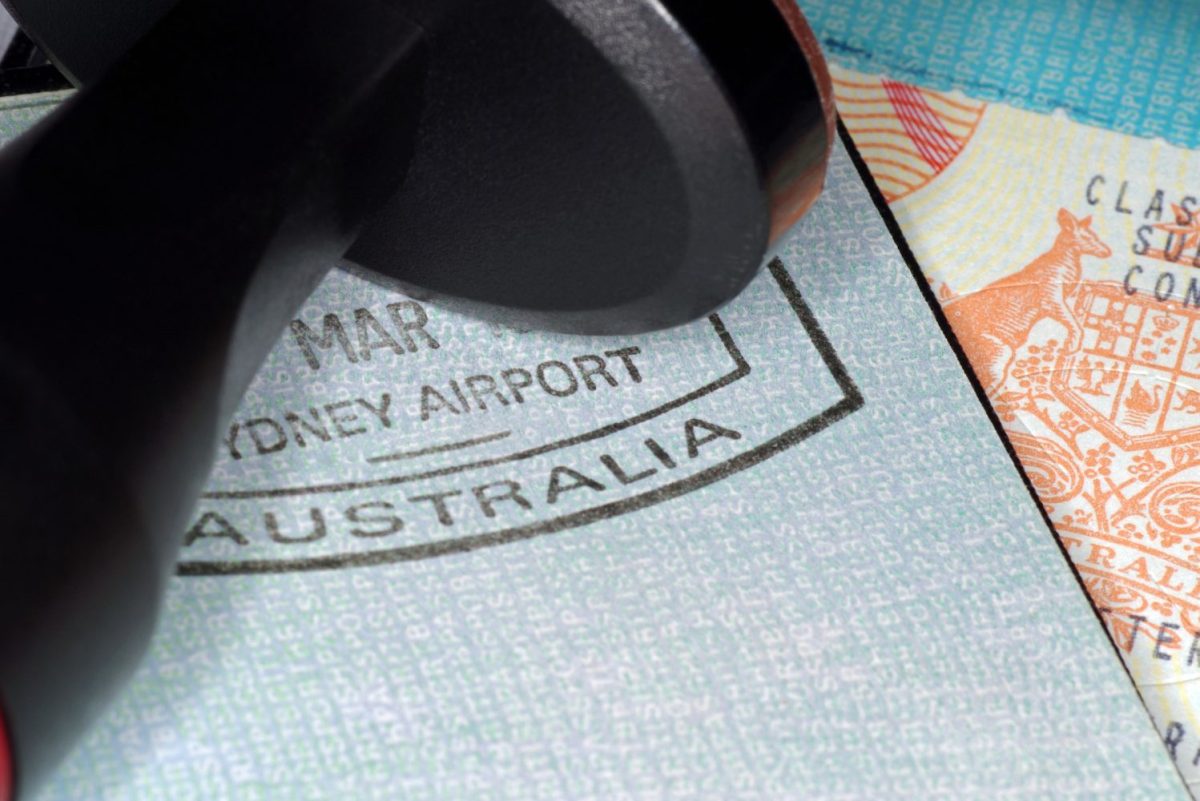The Australian Hotels Association (AHA) and its tourism division, Tourism Accommodation Australia (TAA), have joined with the Accommodation Association (AA) in welcoming the Albanese Government’s suggested migration reform.
AHA CEO Stephen Ferguson said the 190 page review of the migration system, which was chaired by Dr Martin Parkinson AC PSM, achieved “balance in a very complex area.”
The three hospitality and tourism organisations supported the significant elements of the review which had a focus upon skilled labour requirements and migration.
The review suggested 38 recommendations to the migration system that would tackle the perceived issue of ‘permanent temporary migration’, as highlighted in the report’s executive summary.
“While we have long prided ourselves on the focus on permanent residence in our migration program, we now have more than 1.8 million temporary migrants living in Australia with the legal ability to participate in our labour market. They are working in all parts of our economy, in some cases supporting key sectors and the delivery of critical services,” the report reads.
“Many of these people wish to make Australia home but too often face tangled and lengthy pathways to permanent residence. They deserve clarity about their opportunities to remain. It is not in Australia’s national interest to maintain a large proportion of temporary entrants with no pathway to citizenship as it undermines our democratic resilience and social cohesion.”
AHA chief Ferguson hailed the movement towards reducing red-tape in his response to the report’s findings.
“The hospitality and accommodation sectors have been crying out for reform in this sector for years,” he said.
“Our sector is desperate for workers – yes, we all want to hire Australians first, but there are simply not enough people to do the jobs. Migration is the only way to fill tens of thousands of positions, especially in the regions.
“For far too long, the visa system has been very slow, complicated and expensive and the changes announced today by Home Affairs Minister Clare O’Neill are the first steps towards addressing current and future skilled labour needs.
“As the Minister herself said, the current system is ‘an achingly slow process’ which is ‘weighed down by rules, forms and bureaucracy’ and we support her stance.”
Ferguson’s statements were echoed by Michael Johnson, the TAA CEO and interim CEO of the Accommodation Association, who stated the government’s review “sets out sensible actions which will make the system better for businesses and applicants alike.”
“The reality is overseas workers remain a necessary part of the accommodation sector workforce – overseas workers fill gaps where, unfortunately, Australian workers are unable to fill the roles required,” Johnson commented.
“Many also bring with them skills that we may not have an abundance of in Australia and help to train Australian workers – everyone wins. It is great to see the Albanese Government moving to fix what is very much a broken system.”
In particular, the AHA, TAA and AA noted the increase of the Temporary Skilled Migration Income Threshold (TSMIT – the minimum a job’s salary must be worth for employers to be able to sponsor a migration) to $70,000, which will come into effect in on 1 July. The organisations believe this increase will ensure “skilled overseas workers are being paid in accordance with today’s market salary levels.”
Nevertheless, the AHA CEO will scrutinise how this new threshold is implemented for those in the hospitality industry.
“We will be watching carefully to ensure regional and rural businesses especially don’t have any added disadvantage during the implementation of TISMIT,” Ferguson concluded.
Read the full review here.

